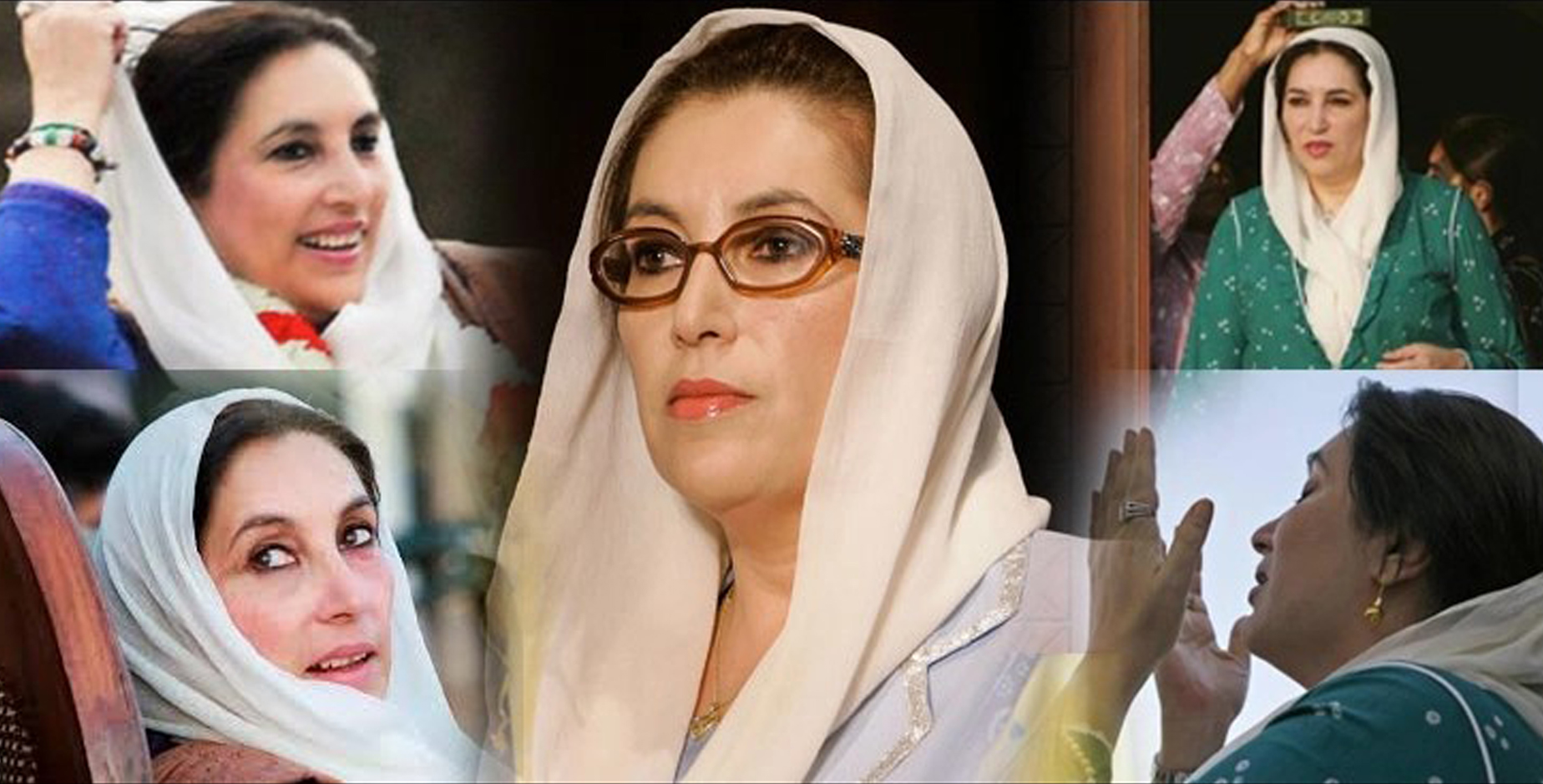A Legacy of Courage and Leadership
Mohtarma Benazir Bhutto, known as the “Daughter of the East,” was a prominent figure in Pakistan’s political landscape. She symbolized hope, resilience, and the relentless fight for democracy. As the first woman to lead a democratic government in a Muslim-majority country, her political journey is a testament to her unyielding commitment to her people, despite facing immense personal and political challenges.
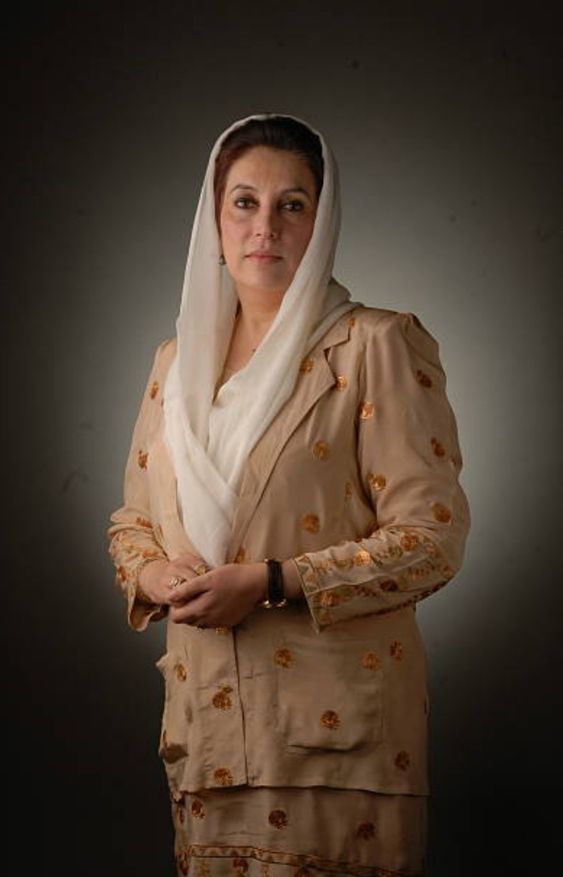
Early Life and Education
Born on June 21, 1953, into the influential Bhutto family, Benazir Bhutto was the daughter of Zulfiqar Ali Bhutto, Pakistan’s charismatic leader and founder of the Pakistan People’s Party (PPP). Her mother, Nusrat Bhutto, of Iranian-Kurdish descent, also played a significant role in Pakistani politics, especially after Zulfiqar Bhuttoâs fall from power.
Raised in privilege, Benazir understood responsibility early on. She graduated in 1973 from Harvard University with a degree in comparative government and later earned further qualifications at Oxford University, where she became the first Asian woman to head the prestigious Oxford Union debating society. These formative years abroad shaped her political outlook and sharpened her leadership skills, preparing her for a turbulent career ahead.
Rise to Political Leadership
Benazir Bhuttoâs political journey began in tragedy. After her father, Zulfiqar Ali Bhutto, was overthrown in a military coup by General Zia-ul-Haq in 1977, she returned to Pakistan to play a key role in restoring democracy. Her father’s execution in 1979 deeply impacted her, but she chose to fight rather than retreat.
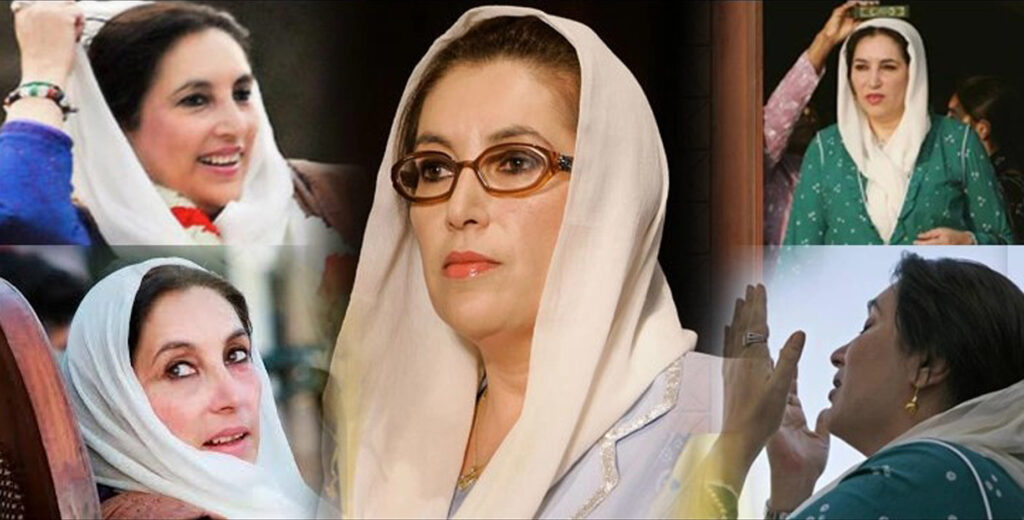
Her early political years were filled with multiple imprisonments and house arrests under Ziaâs oppressive regime. Despite these obstacles, Benazir became a powerful symbol of resistance. After Ziaâs death in 1988, Pakistan transitioned back to democracy, and Benazirâs PPP emerged victorious, making her Pakistanâs first female Prime Minister.
Prime Ministerial Tenures
Benazir Bhutto served as Prime Minister in two non-consecutive terms: 1988-1990 and 1993-1996. Her leadership focused on modernizing Pakistan, expanding social services, and advocating for women’s rights. Key initiatives included healthcare, education, rural development, and empowering women.
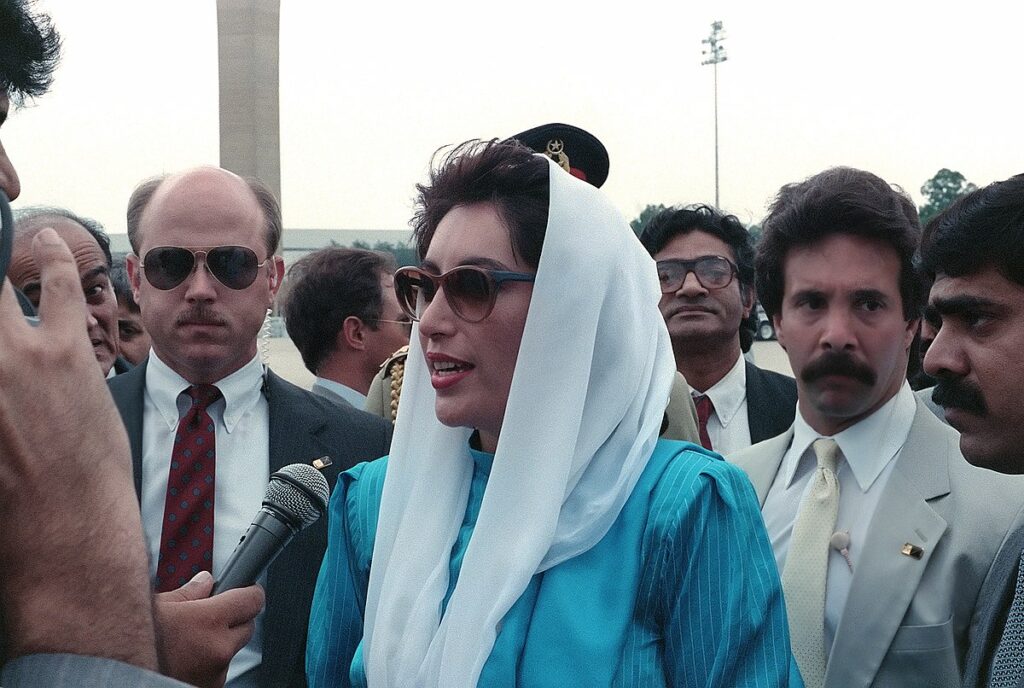
Despite these achievements, her governments faced corruption allegations and accusations of economic mismanagement. Benazirâs first term ended in 1990 when President Ghulam Ishaq Khan dismissed her on charges of corruption, and her second term met a similar fate in 1996 when President Farooq Leghari dismissed her government. However, Benazir Bhutto maintained strong support among rural and marginalized populations.
Exile and Return to Pakistan
After a military coup in 1999 ousted Nawaz Sharif’s government, Benazir went into self-imposed exile, primarily in the UK and Dubai, to avoid political persecution. During her time abroad, she continued to push for democratic reforms in Pakistan and maintained her leadership of PPP.
In 2006, Benazir signed the Charter of Democracy with Nawaz Sharif, pledging to work together for democratic reforms and against military rule. Her return to Pakistan in 2007 to contest the elections was met with celebration but also violence. Her convoy was attacked in Karachi on October 18, 2007, killing over 140 people, but she survived and continued to campaign for democracy and against extremism.
Assassination and Legacy
On December 27, 2007, Benazir Bhutto was tragically assassinated during a rally in Rawalpindi. A suicide bomber targeted her vehicle, ending the life of a leader who had become a global symbol for womenâs empowerment and the fight for democracy in the Muslim world. Her death plunged Pakistan into political turmoil.
Though Benazir Bhutto was no longer alive, her legacy endured. Her PPP won the 2008 elections, and her husband, Asif Ali Zardari, became President of Pakistan. Her son, Bilawal Bhutto Zardari, now leads the PPP, ensuring the Bhutto family remains central in Pakistan’s politics.
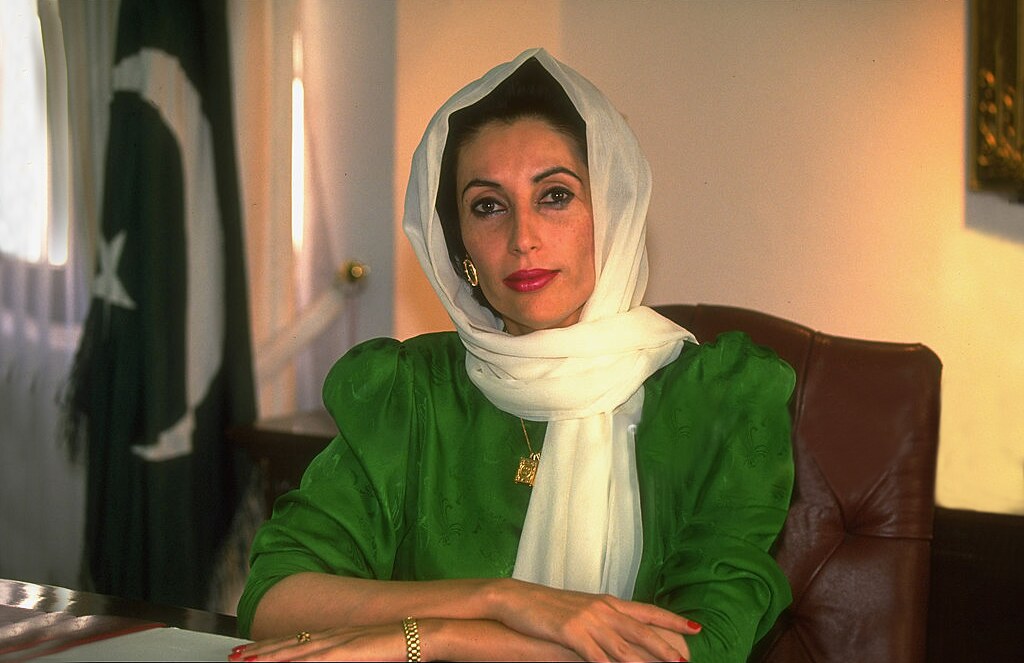
Contributions to Womenâs Rights and Democracy
Benazir Bhutto was a trailblazer for womenâs rights, not only in Pakistan but across the Muslim world. As the first female leader in a deeply patriarchal society, she broke barriers and advocated for womenâs education, healthcare, and empowerment. Her efforts have inspired generations of women worldwide to step into leadership roles.
Her steadfast commitment to democracy and constitutional rule is one of her enduring legacies. Despite the challenges she faced, she never wavered in her belief that democracy was the only way forward for Pakistan.
Conclusion
The life of Mohtarma Benazir Bhutto was filled with both triumph and tragedy. As the first female Prime Minister of a Muslim-majority country, her legacy as a leader, a democrat, and a champion of womenâs rights will inspire generations. Her courage, leadership, and unwavering dedication continue to resonate in Pakistan and beyond.
